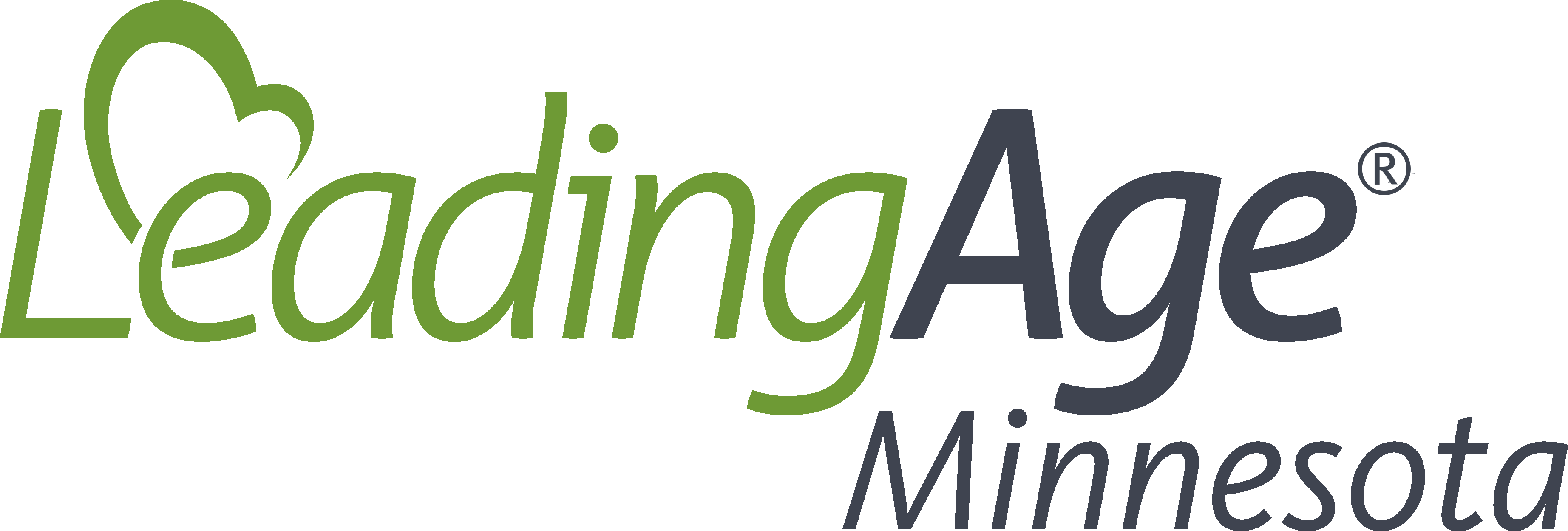Significant Progress Made in Investigating Elder Abuse Complaints
Posted on May 29, 2018 by Jodi Boyne
The Minnesota Department of Health (MDH) and the Minnesota Department of Human Services (DHS) has reported significant progress and improvement in the investigation of reports of elder abuse and maltreatment.
The MDH/DHS partnership was formed in late 2017 to address the significant performance shortfalls documented in the Office of Health Facility Complaints (OHFC).
When the inter-agency team started its work in early January 2018, there was a backlog of 2,321 reports awaiting triage and 826 triaged cases awaiting investigation. By the end of February, the team had completed triage review of all reports in the 2017 triage backlog and greatly reduced the investigation backlog. In the latest progress report posted on the OHFC Quality Improvement Project website, that investigation backlog had been reduced to 122.
Other accomplishments include:
- Better supervision of staff performing intake, triage and investigations, including documented processes and performance metrics that help monitor staff work output, enabling supervisors to more effectively manage the performance of individual staff and teams.
- OHFC implemented a new electronic document management system for receiving, handling and investigating elder abuse complaints.
- All maltreatment reports now have an initial review within two days to screen for imminent and continued risk to vulnerable adults.
- Continued refinement of improved standard work processes using OHFC and DHS Office of Inspector General subject matter experts.
- Public dashboard to document the status and progress of improvements efforts, which is updated weekly and posted on the OHFC Quality Improvement Project website.
- Implementation of an interim technology solution and electronic fax technology, eliminating antiquated paper-based systems and improving efficiency and accountability.
- Streamline and improve the quality and clarity of the letters OHFC sends to complainants and families.
- Weekly human resources training for supervisors and mentoring on effectively supervising a paperless process.
- Streamline and document supervisory review of investigations. Standards for supervisory review step did not exist previously, making the process inconsistent and inefficient.
- New processes to allow in-office follow-ups by investigators, thereby reducing travel time that staff had spent previously as part of mandatory on-site follow-ups regardless of severity of the deficiency.
- Development of a long-term technology solution and to document business practices.
- Solicited stakeholder feedback on specifications and functions of a new electronic case management system. The department received 20 responses that will help ensure a modern, highly functioning case management system is put in place.
- Re-organized OHFC workspace to better support paperless processes and effective performance management.
Comments
Add a comment
Members must sign in to comment
You must be a member to comment on this article. If you are already a member, please log in. Not a member? Learn how to join »

No one has commented on this article yet. Please post a comment below.